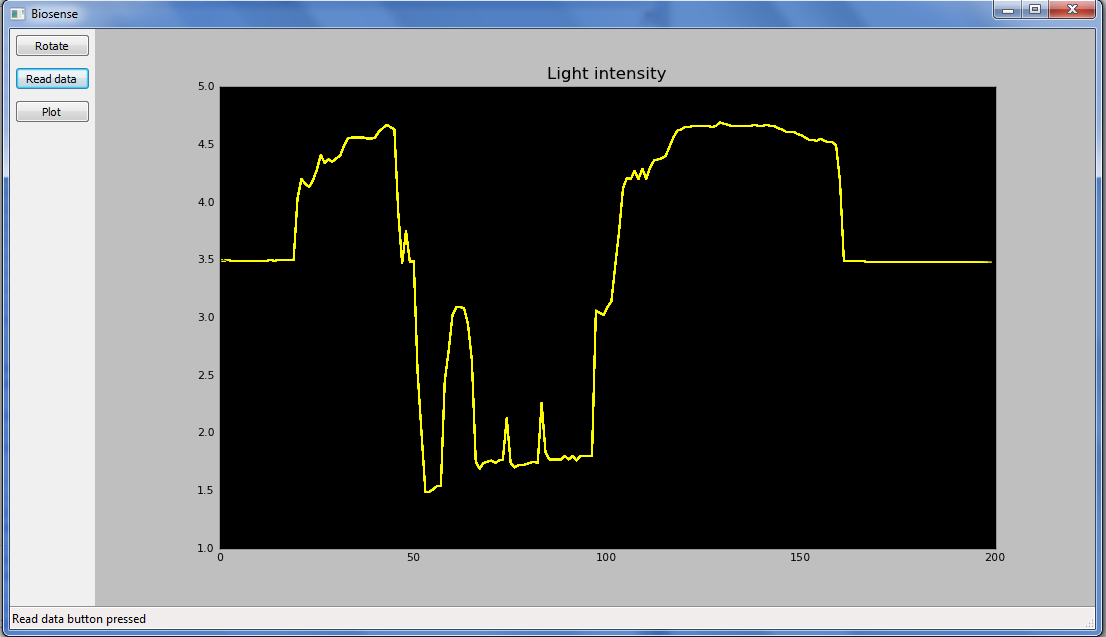Team:Cambridge/Week 3
From 2012.igem.org
| Home | Team | Official Team Profile | Project | Parts Submitted to the Registry | Modeling | Notebook | Safety | Attributions | Sponsors |
|---|
Contents |
Monday
We aimed to start doing something towards our project today. To this end, Tom and Oli began making up a batch of competent bacillus (strain 168) for freezing and future use. The protocol for this can be found here (another protocol that needs writing up - Oli).
Paul and Andreas went over to the photonics department to begin the process of making our circuit for the analysis of the bacterial luciferase signal. They also began formalizing the design of the actual instrumentation so it could be made over the next few days.
Jolyon managed to find an endogenous fluoride riboswitch that had been reported in bacillus subtilis. As a novel biobrick, this would have obvious applications in the analysis of riverwater. Such a device could also be pitched at persons a la General Ripper, concerned about fluride contaminating their "precious bodily fluids", though such a marketing strategy could produce somewhat sporadic orders.
Some of us also started using the faintly egomaniacal geneious program for the analysis of DNA.
All in all, a fairly productive first day!
Tuesday
Oli and Tom continued with the rather elongated protocol for creating competent bacillus.
Jolyon contacted a team in Yale who had discovered the bacillus based riboswitch for the detection of fluoride. Hopefullly we should be able to integrate it into some sort of reasonably fast acting novel bacterial biosensor which we can then hook up to our standardized bioluminescence. In order to bring about this standardization, Andreas introduced the biologists to some of the principles of control theory, so we had some of the conceptual tools to change the shapes of the input/output curves. One important possibility is using these control theory principles to reduce the noise of the response.
Andreas and Paul also started on the software for our device today. Our current plan is to use an Arduino board to detect our inputs, write this to a python file and then read this via C to make a user interface. Very snazzy.
In addition to this, Emmy got the completed home page online! Considerable! A graphic designer as well as a biologist in our midst...
Wednesday
Real-Time image captured by our freshly made primitive software, monitoring a light sensor on an arduino board

 "
"